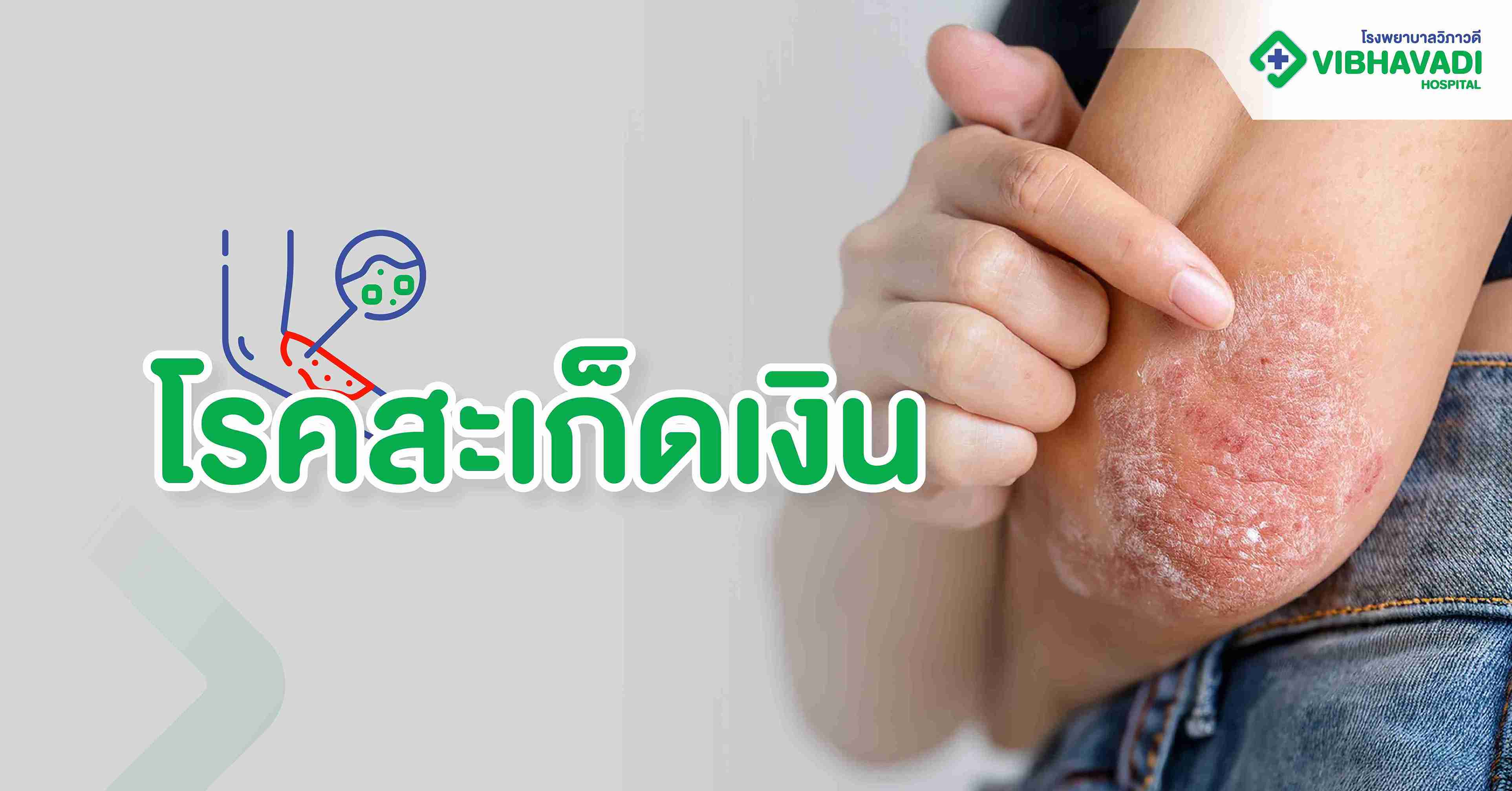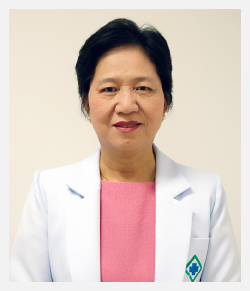Psoriasis Treatment and Diagnosis Services at Vibhavadi Hosp

Understanding Psoriasis
What Is Psoriasis?
Psoriasis is a chronic autoimmune skin disorder that causes the rapid buildup of skin cells. This overproduction leads to scaling on the skin’s surface, along with inflammation, redness, and irritation. Psoriasis can affect any part of the body, including the scalp, elbows, knees, and even nails.
It is not contagious, but it is a lifelong condition that can flare up periodically and then subside.
Keyword focus: psoriasis, what is psoriasis
Causes and Risk Factors
What Causes Psoriasis?
Psoriasis is primarily caused by an immune system dysfunction, where T-cells mistakenly attack healthy skin cells. This triggers the overproduction of skin cells and leads to the buildup of plaques.
Though the exact cause is unknown, several factors may trigger or worsen the condition:
-
Genetic predisposition
-
Environmental triggers
-
Infections (e.g., strep throat)
-
Skin injuries
-
Certain medications
Risk Factors
-
Family history of psoriasis
-
Smoking and alcohol consumption
-
High stress levels
-
Obesity
-
Infections or immune disorders
Keyword focus: psoriasis causes, psoriasis risk factors
Common Types and Symptoms of Psoriasis
Psoriasis Symptoms
Symptoms may vary depending on the type of psoriasis but commonly include:
-
Red patches of skin covered with silvery scales
-
Dry, cracked skin that may bleed
-
Itching, burning, or soreness
-
Thickened, ridged, or pitted nails
-
Stiff and swollen joints (in cases of psoriatic arthritis)
Types of Psoriasis
1. Plaque Psoriasis (Psoriasis Vulgaris)
The most common form, marked by raised, inflamed, scaly patches.
2. Guttate Psoriasis
Small, drop-shaped lesions often triggered by infections.
3. Inverse Psoriasis
Appears in skin folds such as underarms or around the groin.
4. Pustular Psoriasis
Characterized by white pustules surrounded by red skin.
5. Erythrodermic Psoriasis
A rare but severe form causing widespread redness, peeling, and pain.
Psoriasis Diagnosis at Vibhavadi Hospital
How We Diagnose Psoriasis
At Vibhavadi Hospital, our dermatologists begin with a detailed physical exam and patient history. Most cases can be diagnosed through clinical evaluation, but sometimes additional tests are required.
Diagnostic Procedures May Include:
-
Skin biopsy: A small sample is analyzed to rule out other skin conditions.
-
Blood tests: To assess immune function or detect psoriatic arthritis.
-
Nail examinations: To check for nail involvement in psoriasis.
Psoriasis Treatment Options at Vibhavadi Hospital
There is currently no cure for psoriasis, but many effective treatments are available to control symptoms and improve quality of life.
1. Topical Treatments
Used for mild to moderate cases:
-
Corticosteroids
-
Vitamin D analogues (e.g., calcipotriol)
-
Salicylic acid
-
Coal tar
-
Moisturizers and emollients
2. Phototherapy (Light Therapy)
Controlled exposure to ultraviolet (UVB) light can slow skin cell turnover. Treatment is done in our dermatology unit under supervision.
3. Systemic Medications
For moderate to severe psoriasis, oral or injectable medications may be prescribed:
-
Methotrexate
-
Cyclosporine
-
Acitretin
-
Biologics (e.g., adalimumab, etanercept, secukinumab)
4. Biologic Therapies
Biologic drugs target specific immune responses and are effective for both skin symptoms and psoriatic arthritis. These are recommended for patients with:
-
Severe skin symptoms
-
Involvement of joints (psoriatic arthritis)
-
Unresponsive to other treatments
Keyword focus: psoriasis treatment, biologic therapy for psoriasis
Holistic and Supportive Care
At Vibhavadi Hospital, we recognize that psoriasis affects both the body and mind. We offer:
-
Psychological support
-
Nutritional counseling
-
Patient education on triggers and management
Expert Dermatology Team
Our board-certified dermatologists are experienced in diagnosing and managing all forms of psoriasis, from mild cases to complex, treatment-resistant forms. Collaboration with rheumatologists is also available for cases involving psoriatic arthritis.
Insurance and Payment Information
Insurance Coverage
Vibhavadi Hospital accepts:
-
Private insurance
-
Government and social security schemes
-
International health insurance
We offer pre-authorization support and can provide detailed treatment cost estimates.
For Self-Paying Patients
-
Transparent pricing
-
Treatment package options
-
Payment plan availability
Living with Psoriasis
Living with psoriasis can be challenging, but with the right support and medical care, symptoms can be effectively managed. Our team is committed to helping patients lead healthy, confident lives.
We emphasize:
-
Continuous follow-up
-
Monitoring treatment progress
-
Lifestyle modifications (diet, exercise, stress reduction)
Frequently Asked Questions (FAQ)
What is psoriasis?
Psoriasis is a chronic skin disease that causes the overproduction of skin cells, leading to red, scaly patches and inflammation.
Is psoriasis contagious?
No, psoriasis is not contagious. It is an autoimmune condition and cannot be spread through physical contact.
What triggers psoriasis flare-ups?
Common triggers include stress, infections, certain medications, skin injury, and weather changes.
Can psoriasis be cured?
There is no permanent cure, but symptoms can be well controlled with treatments including topical creams, phototherapy, and medications.
Is psoriasis related to joint pain?
Yes. Some people with psoriasis develop psoriatic arthritis, which causes joint pain, stiffness, and swelling.
Testimonials
Proud to take care of you














